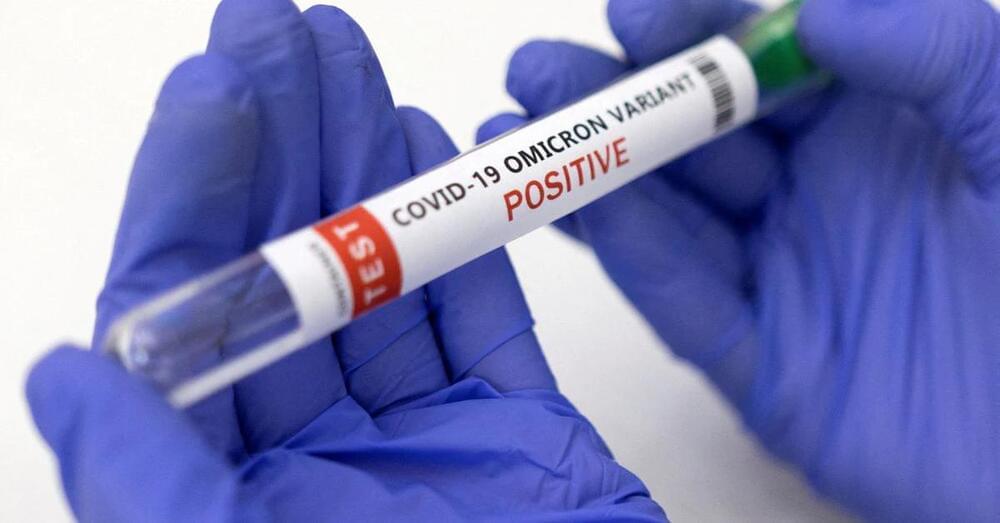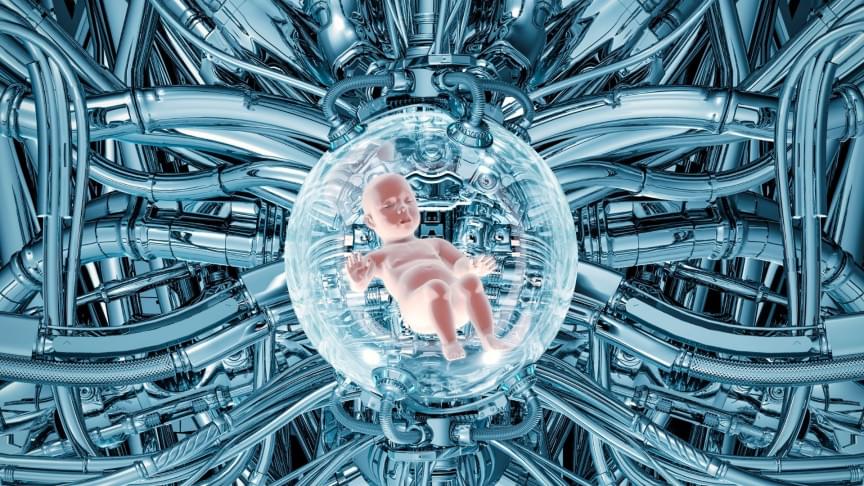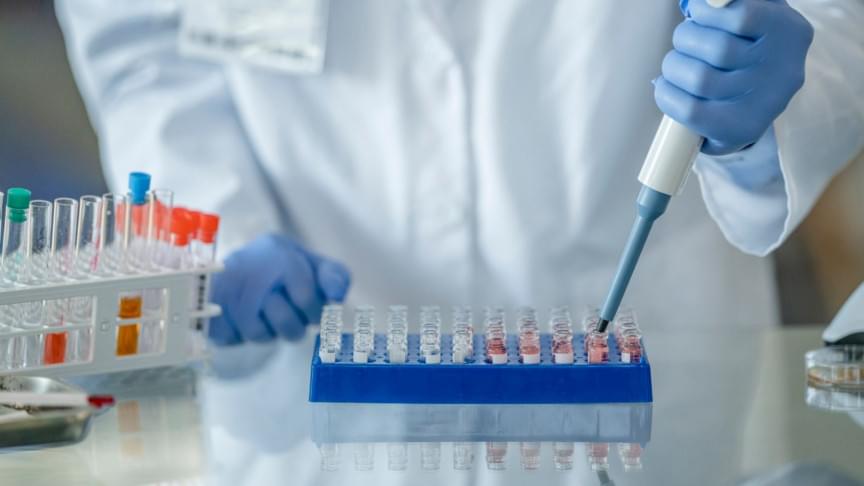😃
CHICAGO, Feb 4 (Reuters) — A study in monkeys pitting the current Moderna Inc (MRNA.O) COVID-19 booster against an Omicron-specific booster showed no significant differences in protection, suggesting an Omicron-specific booster may not be needed, U.S. government researchers reported on Friday.
The study involved monkeys vaccinated with two doses of Moderna’s vaccine who were dosed nine months later with either the conventional Moderna booster or one specifically targeting the Omicron variant.
The researchers tested various aspects of the animals’ immune responses and exposed them to the virus. They found both boosters produced “comparable and significant increases in neutralizing antibody responses” against all of the variants of concern, including Omicron, according to the study, posted on bioRxiv ahead of peer review.





